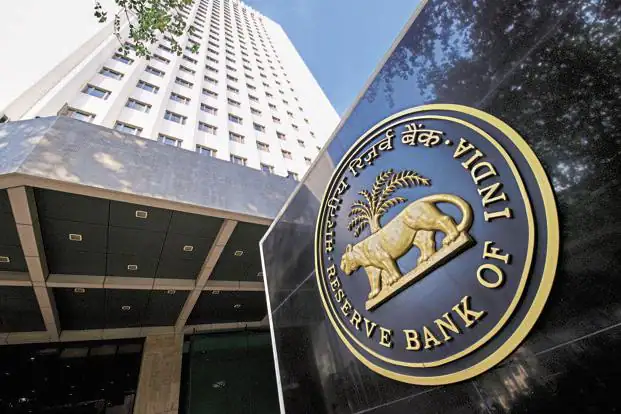Rama Krishna Sangem
The Narendra Modi government has put on hold a key tax decision imposing TCS (Tax Collected at Source) on foreign remittances and the credit cards used abroad. The move has been postponed from July 1 to October 1. This decision has been taken thanks to pressure and protests from people as well as trade and industry bodies who termed it a form of tax terrorism.
The Ministry of Finance on June 28 Wednesday night, extended the deadline for the implementation of a new rule that mandated 20 per cent tax collected at source (TCS) on foreign remittances. The increase in the TCS rate from 5 per cent, which was set to kick in on July 1, would now be effective from October 1.
Putting off the new levy on credit cards, it further said overseas spending using credit cards would not attract TCS under the Liberalised Remittance Scheme (LRS) irrespective of the amount of expenditure. The government’s press release of May 19 stands “superseded”, the ministry clarified.
On May 16, international credit cards were brought under the LRS regime to bring them on a par with debit cards. But on May 19, the ministry tweaked the applicability of TCS on individual spends under the LRS; it set a Rs 7 lakh cap on credit and debit card spends in a financial year during foreign travel for LRS exemption.
The ministry, however, said there would be no change in the rate of TCS for all purposes under the LRS and overseas travel tour packages, regardless of the mode of payment, for amounts up to Rs 7 lakh per individual per annum.
Banks too raised concerns
A few banks had raised concerns with the finance ministry regarding the operational issues in implementing the new rule from July 1. “To give adequate time to banks and card networks to put in place requisite IT-based solutions, the government has decided to postpone the implementation of its May 16 e-gazette notification,” the ministry stated.
The threshold of Rs 7 lakh per financial year per individual — “in clause (i) of sub-section (1G) of section 206C “ — shall be restored for TCS on all categories of LRS payments, through all modes of payment, regardless of the purpose. Beyond this threshold, TCS shall be 0.5 per cent (if remittance for education is financed by an education loan), 5 per cent (in case of remittance for education/medical treatment), 20 per cent for others, the ministry said.
It further said for the purchase of overseas tour packages, TCS shall continue to apply at the rate of 5 per cent for the first Rs 7 lakh per individual per annum; the 20 per cent rate will only apply for expenditures above this limit. The finance ministry stated: “If a person uses credit card while in India for overseas transactions, it would count under the LRS and attract TCS beyond a spend of Rs 7 lakh in a year.”
Banks have flagged issues with multiple rates, instead of a flat rate which makes it easier to collect tax at source. Banks recently wrote to the government about reporting systems not being ready for the new levy from July 1. Besides, there was lack of clarity over multiple TCS rates and up to Rs 7 lakh exemption granted on international debit and credit card spends.
Notably, until September 30, earlier rates (prior to the amendment by the Finance Act, 2023) shall continue to apply.



